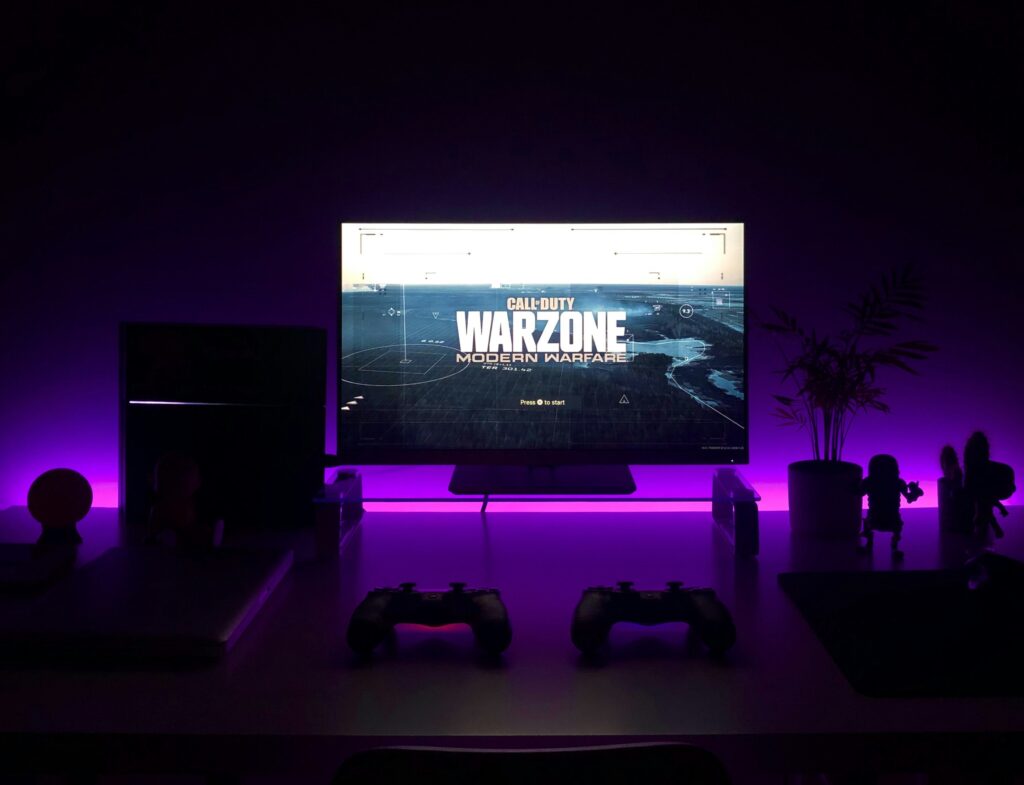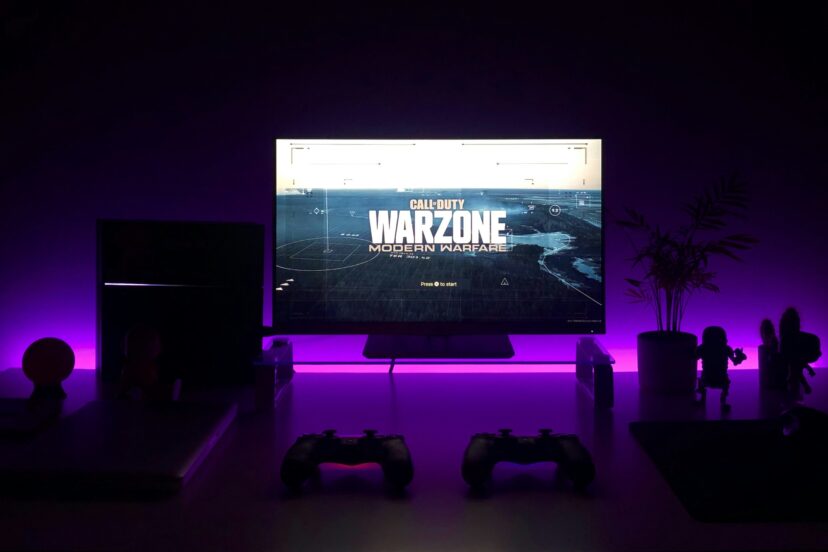What Is The Best Way To Reduce Lag In Online Gaming?
What Is The Best Way To Reduce Lag In Online Gaming?” is your ultimate guide to enjoying a smoother, more responsive gaming experience. In this article, you’ll discover practical tips and essential steps that will help you identify and fix the root causes of game lag. From optimizing your internet connection to tweaking in-game settings, you’ll learn how to create an environment where your gameplay is as seamless as possible. Whether you’re a casual gamer or a competitive enthusiast, these insights will arm you with the knowledge needed to minimize interruptions and maximize your fun. Have you ever been on the brink of winning an intense game, only to be thwarted by sudden, inexplicable lag? It’s frustrating, right? Lag can turn a promising gaming session into a hair-pulling nightmare. You’re not alone—virtually every gamer has faced this vexing issue at some point. So, what is the best way to reduce lag in online gaming? Let’s dive in and explore some effective solutions.

Understanding Lag: What Is It?
Before we can tackle lag, it’s essential to understand what it is. Lag is a noticeable delay between the action of players and the reaction of the game server. This delay can be caused by several factors including poor internet connection, high latency, or insufficient hardware.
Key Factors Contributing to Lag
Internet Connection
Your internet connection is the lifeline for online gaming. If it’s not strong and stable, you’re bound to experience lag.
Latency
Latency, also known as ping, is the time it takes for data to travel from your computer to the game server and back. A high ping rate means longer delays, resulting in lag.
Hardware
Outdated or insufficient hardware can also contribute to lag. Your gaming experience largely depends on your system’s CPU, GPU, and RAM.
Software Issues
Sometimes, the issue isn’t hardware but rather software-related. Background applications can drain essential resources, resulting in lag.

Steps to Reduce Lag in Online Gaming
1. Optimize Your Internet Connection
Wired vs. Wireless: Which Is Better?
| Type | Pros | Cons |
|---|---|---|
| Wired | Stable connection, Lower latency | Less convenient, Cables can be messy |
| Wireless | More convenient, No cables | Potential for interference, Higher latency |
For a stable and lower-latency connection, a wired Ethernet connection is usually preferable.
Upgrade Your Internet Plan
If you’re frequently experiencing lag, consider upgrading to a faster internet plan. Look for plans that offer high speeds and low ping rates.
2. Check Your Latency (Ping)
How to Check Your Ping
You can use various online tools or in-game functionalities to check your ping. Aim for a ping rate below 100ms for optimal performance. If your ping is consistently high, it may be time to troubleshoot or upgrade your internet connection.
3. Upgrade Your Hardware
CPU and GPU
These are the two most crucial components for gaming. A high-end CPU and GPU can significantly improve your gaming experience by reducing lag and improving frame rates.
RAM
More RAM can handle more background processes, allowing your game to run more smoothly. Aim for at least 16GB of RAM for modern online games.
4. Optimize Software Settings
Close Background Applications
Closing unnecessary applications can free up system resources, making your game run more smoothly.
Game Settings
Sometimes, lowering the game’s graphical settings can improve performance and reduce lag. Aim for a balance between visual quality and smooth gameplay.
5. Use a Gaming VPN
Benefits
A gaming VPN can optimize your data route to the game server, potentially reducing lag.
| Pros of Gaming VPN | Cons of Gaming VPN |
|---|---|
| Reduces ping | Potential subscription cost |
| More stable connection | May not work with all games |
6. Keep Your System Updated
Software Updates
Ensure that your operating system, graphics drivers, and the game itself are up-to-date. Updates often include performance improvements and fixes for known issues.
7. Test and Monitor
Diagnostic Tools
Use diagnostic tools to monitor your system performance. This can help identify bottlenecks causing lag.
| Tool | Purpose |
|---|---|
| Task Manager | Monitor CPU/RAM usage |
| Speed Test | Test internet speed/ping |
| FPS Counters | Measure in-game frame rate |
Advanced Tips
Use Quality of Service (QoS)
Quality of Service (QoS) is a feature available on most modern routers that prioritizes gaming traffic over other types of data. By enabling QoS, you can ensure that your game packets get priority over streaming or downloading.
Adjust Server Region
Sometimes, the geographical location of the game server can affect your ping. Choose a server closest to your physical location for lower latency.
Use Ethernet Powerline Adapters
If running an Ethernet cable directly to your router isn’t feasible, consider using Ethernet powerline adapters. These devices use your home’s electrical wiring to transmit data, offering a more stable connection compared to standard Wi-Fi.
Overclocking Your Hardware
If you’re comfortable with some technical tweaks, overclocking your CPU or GPU can yield better performance. However, this should be done cautiously as it can void warranties and potentially damage hardware if done incorrectly.
Heat Management
Overheating can cause your system to throttle performance, resulting in lag. Ensure your gaming setup has proper cooling. Use additional fans or a cooling pad for laptops to maintain optimal temperatures.

Common Myths About Lag
Myth 1: Higher Speed Always Means Lower Lag
While a higher internet speed can improve your overall experience, it doesn’t necessarily reduce lag. Latency and consistency are more crucial factors.
Myth 2: All VPNs Reduce Lag
Not all VPNs are created equal. Some might even increase your ping. Choose a gaming-specific VPN for the best results.
Myth 3: Closing All Applications Solves Lag
While closing unnecessary applications can help, it’s not a universal fix. Your system’s overall health and configuration also play vital roles.
Myth 4: Lowering Graphics Settings Always Reduces Lag
Lowering graphics settings can help if your hardware is struggling. However, if the issue is network-related, you won’t notice much difference.
Conclusion
Reducing lag in online gaming involves a multi-faceted approach. From optimizing your internet connection and upgrading hardware to tweaking software settings and even using specialized tools like gaming VPNs, there are several ways to enhance your gaming experience. Remember, the key is to identify the primary cause of your lag and address it accordingly.
By following these tips and making the necessary adjustments, you’ll be well on your way to smoother, more enjoyable gaming sessions. Happy gaming!




